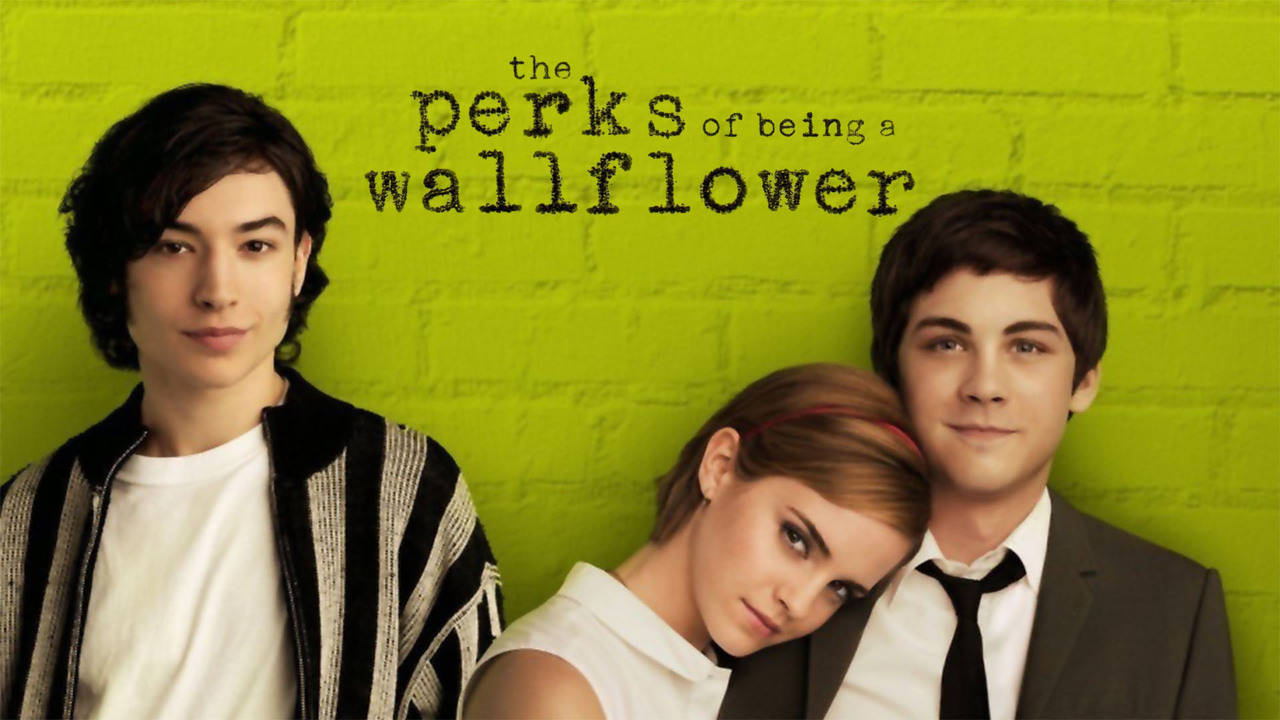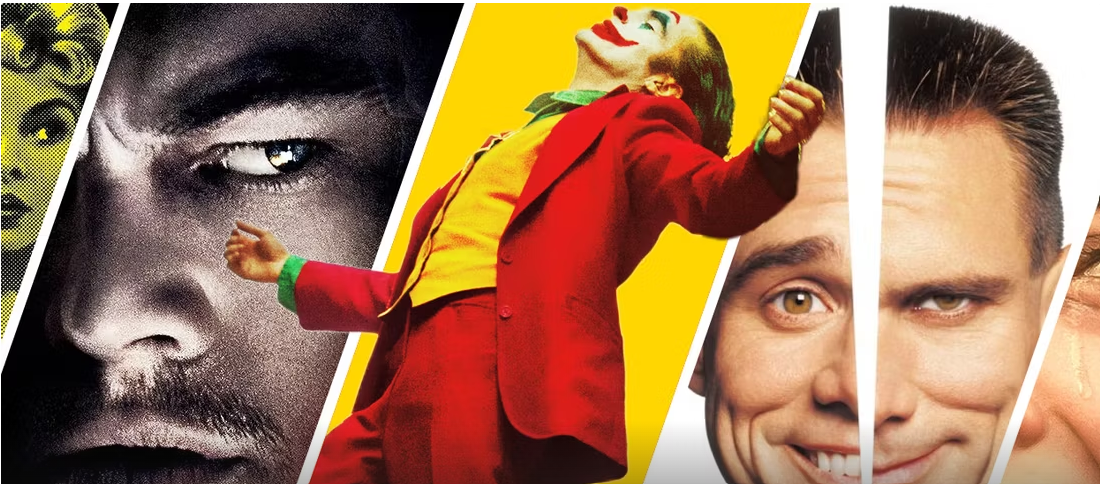Crisis in Cinema: How Modern Films Tackle Mental Health Issues
In recent days, there has been a significant shift in the conversation around mental health, with cinema emerging as a vital platform for exploring these intricate subjects. Today’s films are no longer just a means of entertainment; they reflect the struggles and realities faced by society, including critical issues related to mental health. This article will delve into how contemporary filmmakers are addressing these themes on screen, highlighting their significance and the messages of hope and understanding they convey to audiences.
Evolving Storytelling Techniques
In the past, mental health topics were often overlooked or misrepresented in films. When addressed, they frequently involved stereotypical portrayals that failed to capture the complexity of real-life experiences. However, modern filmmakers are beginning to embrace a more thoughtful and authentic representation of mental health. By sharing relatable and genuine stories, they allow audiences to connect deeply with the characters’ challenges.

Spotlight on Key Films
Joker (2019)
In this gripping film, we follow the troubled life of Arthur Fleck, a man struggling with profound mental health challenges. The narrative explores the consequences of societal indifference and personal trauma, prompting viewers to reflect on the relationship between loneliness, mental illness, and violence. Arthur’s journey serves as a painful reminder of the need for empathy and understanding toward those battling similar issues.

A Star is Born (2018)
This film beautifully captures the harsh realities of addiction and mental health in the context of a romantic relationship. The character of Jackson Maine, played by Bradley Cooper, showcases the burdens of fame intertwined with personal struggles. It adeptly illustrates how mental health challenges can affect not only the individual but their relationships as well, emphasizing the importance of support and understanding.

The Perks of Being a Wallflower (2012)
A heartfelt coming-of-age film, this story follows a teenager grappling with trauma and depression. It highlights the role of friendship, communication, and therapy in coping with mental health. By presenting the protagonist’s experiences, the film encourages young people to seek help and fosters important discussions about mental health during critical stages of life.
Silver Linings Playbook (2012)
This film provides an honest look at bipolar disorder while exploring themes of love and recovery. It reinforces the idea that mental illness does not define a person; rather, it is just one part of their story. The characters exemplify how, with the right support and treatment, individuals can find happiness and stability in their lives.
The Significance of Diverse Representation
Accurate portrayals of mental health in films matter deeply. They help combat the stigma associated with mental illness. When audiences encounter authentic representations of struggles similar to their own, it fosters empathy and understanding. Movies have the ability to create connections, encouraging individuals to reach out for the help they might need.
The Responsibility of Filmmakers
Many directors and writers are making a conscious effort to prioritize mental health awareness in their work. Documentaries like “The Bridge” and “Won’t You Be My Neighbor?” focus on the realities of mental health, offering poignant insights into the lives of individuals affected by these issues. Additionally, filmmakers are increasingly collaborating with mental health professionals to ensure their narratives are both accurate and sensitive.
Engaging Today’s Viewers
Today’s audiences are more informed and seek authenticity in storytelling. In response to this growing awareness, filmmakers are focusing on character-driven narratives that reflect personal growth and struggles. This not only leads to captivating storytelling but also serves a greater purpose: it helps normalize discussions around mental health.
Conclusion: A Collective Challenge
As audiences, we have a powerful opportunity to influence the portrayal of mental health in films. By supporting projects that genuinely address these themes, we contribute to a culture that values empathy and understanding. Promoting accurate representation in cinema can lead to constructive conversations and a more supportive society.
In summary, modern cinema plays a vital role in highlighting mental health issues. It helps break down barriers, fosters awareness, and encourages individuals to seek assistance. As we continue to evolve, let us support and celebrate films that inspire meaningful conversations about mental health, reinforcing the importance of compassion in our daily lives. Together, we can cultivate a healthier dialogue around mental well-being, both in cinema and beyond.
– Dr. Subbaraju Mudunuri






